Last night I had a conversation with a friend about soy, and it really got me thinking. And I’ve been asked by many of my readers recently what my thoughts are on it. So I thought I’d try and get something written out and hopefully I don’t just talk (type?) in circles.
For years now soy (edamame, soy milk, tofu, textured vegetable protein) has really been touted as a health food. It’s been recommended as a milk and meat substitute, menopausal and infertile women have been told to drink it to help with hormones, and it’s even in baby formula. It’s cheap to grow and readily available so it’s also in a large majority of processed foods (soy lecithin) and its oil is one of the most used ‘cheap’ oils as well. It’s found in about 60% of the products you see in the supermarket! And I think if we all took a hard look at what we eat each day, we’d realize we eat quite a bit of soy. But should we be?
Three Strikes and You’re Out?
Strike one – Phytoestrogens
Phytoestrogen literally means “plant derived estrogen”. And these estrogens have been shown to reduce the activity of the natural estrogen in your body. Something you really don’t want to happen, and especially if you are dealing with a hormone imbalance already. It’s also been shown to cause the feminization of males as baby boys whose mothers ate a lot of soy products were found to have both smaller penis’s and/or problems with the development of them. So obviously it has some estrogenic effect, and estrogen dominance has also been linked to infertility in both males and females. In women it can inhibit conception by causing endometriosis and PCOS (poly cystic ovary syndrome) as well as decreasing libido. In men it has been linked to lowered sperm counts. Up to a 50% reduction in some cases.
I was able to find a couple studies done on the effects of soy and fertility and neither had great outcomes.
A report in The American Journal of Clinical Nutrition a few studies have actually shown that high levels of soy can increase menstrual cycle length, decrease the follicle-stimulating hormone and also decrease the leutinizing hormone. These studies were done with a 60mg of soy per day, the equivalent to three 12 oz glasses of soy milk.
Another study printed in The American Family Physician magazine (June 1996) states that, since the phytoestrogens in soy products increase the length of the follicular phase and lead to fewer menstrual cycles over a woman’s lifetime, it is possible that soy may decrease fertility in some women. They also added that women with multiple risk factors for infertility may be more sensitive to soy than others.
A study, by Jorge Chavarro at Harvard School of Public Health in Boston, on the effects of a man’s fertility has also been done and men who ate more than two portions of soy based food per week had a lower sperm count. On average they had about 41 million fewer sperm per 1 ml of semen than men who did not eat any soy based products. While this may not have an infertile impact on most men, men that already suffer from a low sperm count would be advised to stay away from it.
And from the Weston Price site;
- High levels of phytic acid in soy reduce assimilation of calcium, magnesium, copper, iron and zinc. (and zinc directly effects fertility in men)
- Soy phytoestrogens disrupt endocrine function and have the potential to cause infertility.
- Vitamin B12 analogs in soy are not absorbed and actually increase the body’s requirement for B12.
Which leads us to….
Strike Two: Phytic Acid
The Weston A Price Foundation alleges that soy is not only high in phytic acid, but that the even when soaked (as other legumes are), that the phytic acid does not break down. This assumption would lead us to believe that consuming soy would then cause some nutrient loss within our bodies as the phytic acid binds to certain nutrients during digestion.
Strike Three: Genetically Modified
Since the introduction of genetically modified soybeans to the U.S. in 1992, up to 90% of the soy grown here, is actually genetically modified. If you don’t know what a genetically modified organism is yet, here’s the gist: Basically scientists take DNA from different sources and combine them with the DNA of something like soy. (or corn, canola, cotton, etc.) This happens in part because a large seed corporation, Monsanto (who used to solely be a chemical corporation), would like to sell seeds that are “round up” ready. Meaning they inject certain DNA from organisms that will keep the plant alive even when sprayed with herbicides and pesticides. I believe they have also found a way to combine the DNA from certain bugs (?) that allow the plant to contain pesticides itself. (I believe I watched that piece of info in the movie “The Botany of Desire” where they were talking about GMO potatoes at McDonalds – to which consumers had an issue with and farmers are no longer growing)
The problem with GMOs is that they have been placed in the market without thorough testing. And a lot of the studies that are coming out are not very pretty.
- Ladybugs that ate aphids that consumed GMO potatoes had on average only half the lifspan as normal and laid fewer eggs.
- Causes more allergies and may cause more problems to people who already have allergies. Especially since DNA from an outside source can be combined with what you’re eating. Theoretically, what would happen if DNA from a peanut was used in combination with DNA from soy? What would happen if a person who is deathly allergic to peanuts consumed it? To me, it’s a bit sketchy combining all this DNA. I mean, if God wanted DNA from bugs in the corn/soy/cotton, don’t you think he would have done it Himself?
I also found an Australian study that came to the conclusion that GMO products may contribute to lowered fertility:
The Austrian scientists performed several long-term feeding trials with laboratory mice over a course of 20 weeks.
One of the studies was a so-called reproductive assessment by continuous breeding (RACB) trial, in which the same parent generation gave birth to several litters of baby mice.
The parents were fed either with a diet containing 33per cent of GM maize, a hybrid of Monsanto’s MON 810 and another variety, and a normal feed mix..
The team found changes that were ‘statistically significant’ in the third and fourth litters produced by the mice given a GM diet. There were fewer offspring, while the young mice were smaller.
Prof Zentek said there was a direct link between the changes seen and the GM diet.
A press release from the Austrian Agency for Health and Nutrition, said the group of mice given a diet of genetically engineered corn saw a significant change in fertility.
It said: ‘The number of litters and offspring decreased in the GE-fed group faster than in the control. In the GE-fed group more females remained without litters than in the control group.’ Read more
Also, a quote from the WAP site
“The only human feeding study on GMOs ever conducted showed that genes “jumped” from GM soy into the DNA of human intestinal bacteria and continued to function. That means that long after you stop eating GM soy, you may still have GM proteins produced continuously inside of you. (What if the pesticide-producing “Bt” gene found in GM corn chips were also to jump? It might transform our intestinal flora into living pesticide factories—possibly for the long term.)”
The Verdict
Honestly, the verdict from ‘the man’ is still out on this one (I think mostly because a lot of people would lose a lot of money if it ever came about that soy was bad for you). The safety of soy and soy products has yet to be proven and I have a feeling it’s probably going to be one of those products, that 20 years from now, our kids are going to be wondering why in the world we consumed it.
Which is why I don’t eat it when possible.
Traditionally, soy has been consumed only in fermented forms (like miso and tempeh). Very, very different than how we eat it today. Soy in it’s natural form may be fine for your health (especially when fermented like traditional cultures did) but unfortunately we here in the west have started to put in into many, many, of our foods. The processing the soy bean undergo is in no way healthy or natural, turning a once healthy food into, basically, junk food.
Where it Gets Sketchy….and Where I Begin To Talk in Circles
I hate to be one of those people that is so anti soy that I say it can never, ever be consumed. Some organizations are so anti soy (*ahem* Weston A Price People, among others) that sometimes it can look like a crazy conspiracy theory. But the “unfortunate for soy lovers aspect” is that there is scientific evidence to support the theory.
But will you die if you ingest a bit of soy?
No.
The problem I see is that we regularly consume it in a very highly processed form in many processed foods. And any diet where we eat a lot of one type of food, isn’t good for us.
But I also tend to look at soy the same way I’d look at say, unsoaked wheat or unsoaked oats. Both contain levels of phytic acid. Both can be hard to digest. And both are regularly consumed.
So what would my recommendations be? Well….
- I’d stay far, far away from soy if you have medical problems because of the nutrient losses that can occur. When your body is fighting a disease or disorder you need all the nutrients you can get!
- I wouldn’t consume soy while preparing for pregnancy or while pregnant and nursing, just as I would not feed soy to developing children because of the hormonal aspect. The last thing we want to do is disrupt or endocrine system.
- With the same idea, I would not consume soy when suffering from things like PCOS or endometriosis or infertility. The hormonal upset just isn’t worth it.
- I would not consume highly processed forms of soy like things that are found in boxed and canned foods or things like textured vegetable protien.
- I would not eat conventional soy since such a large portion of soy is genetically modified.
- But if a healthy adult wanted to partake in some boiled edamame every once in awhile? Or soy nuts in a trail mix once a month? My thinking is….it’s got to be better than a milkyway. Right?
And that all being said, I’m pretty anti-soy myself. {see – in circles folks. in circles}
So, what do you think about soy? Inform me.
For more in depth information on soy you can check out these resources:
- The Hidden Dangers of Soy
- The Whole Soy Story
- Soy Alert! from the Weston A. Price Foundation
This post is linked to: Real Food Wednesday
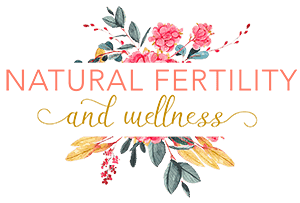

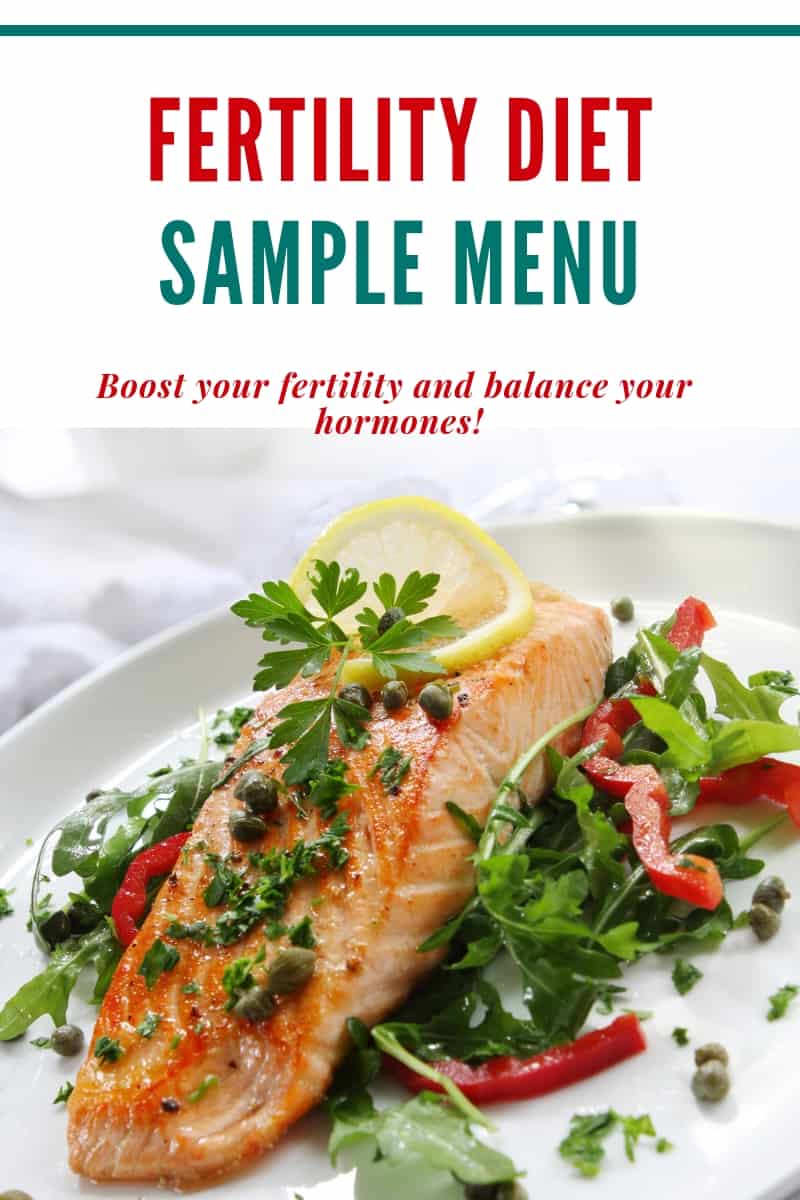


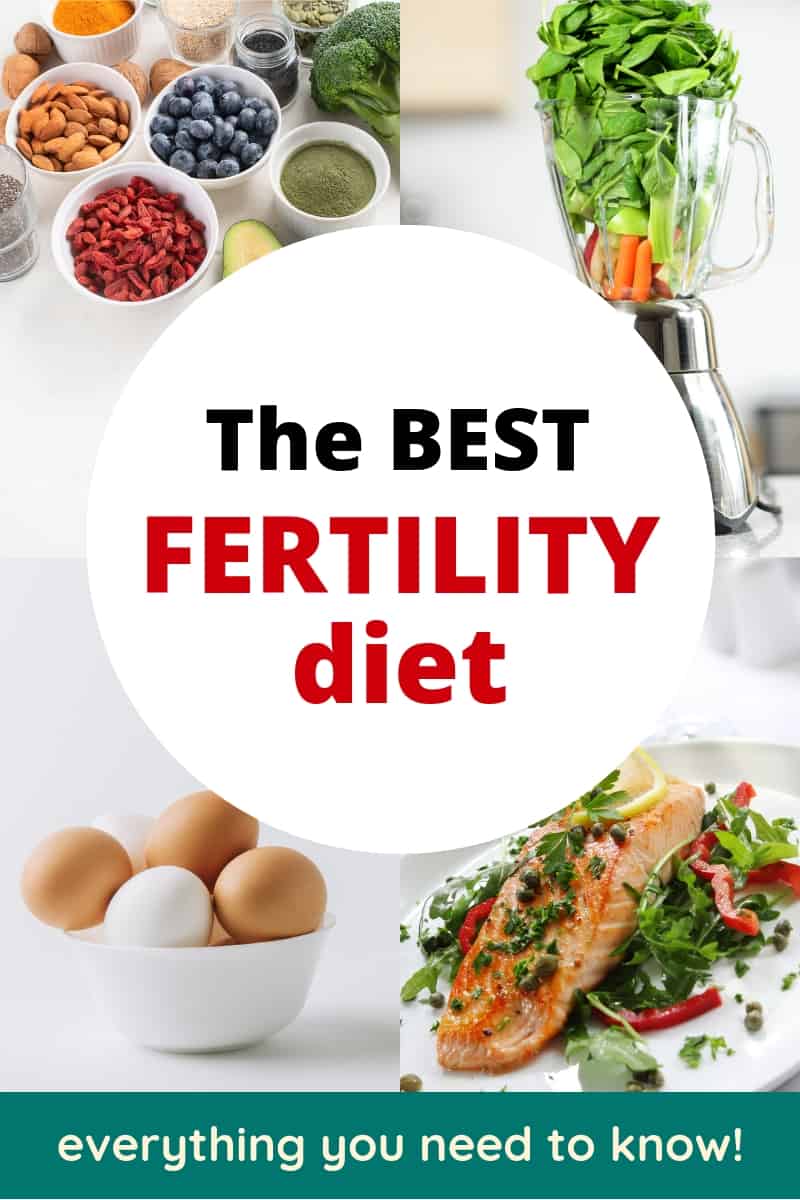
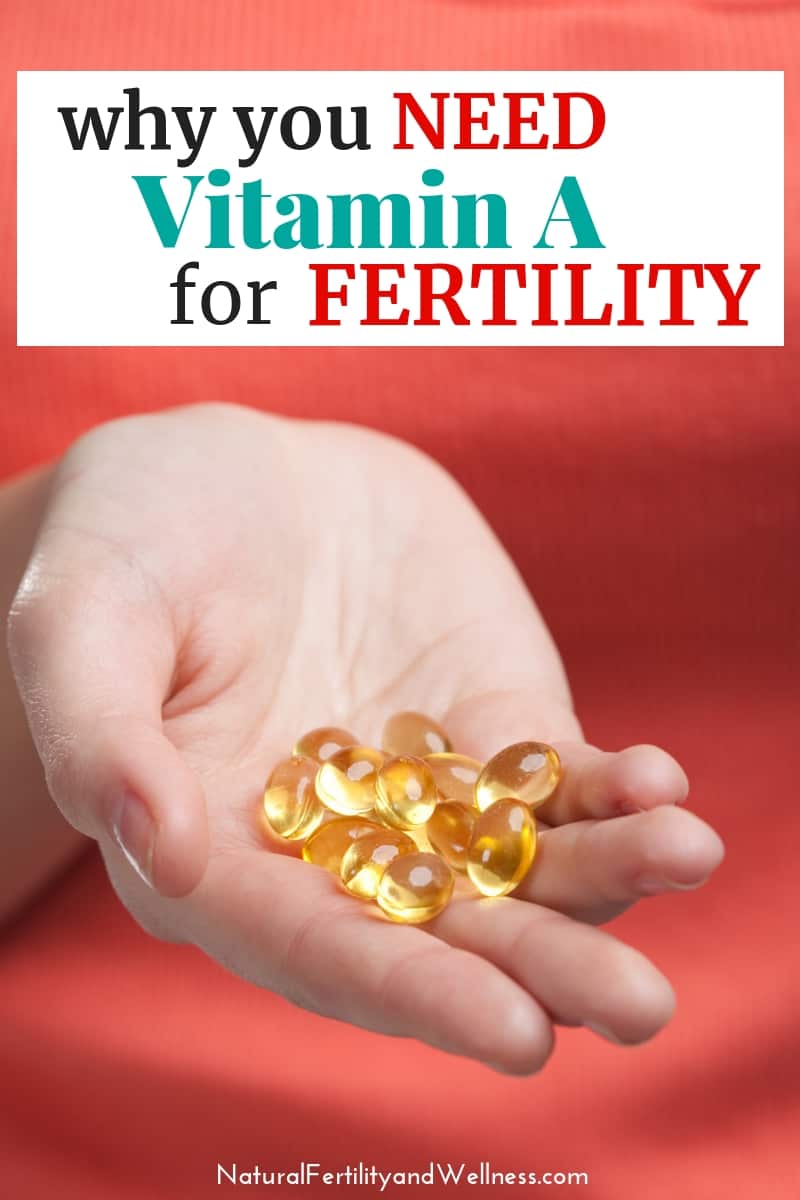
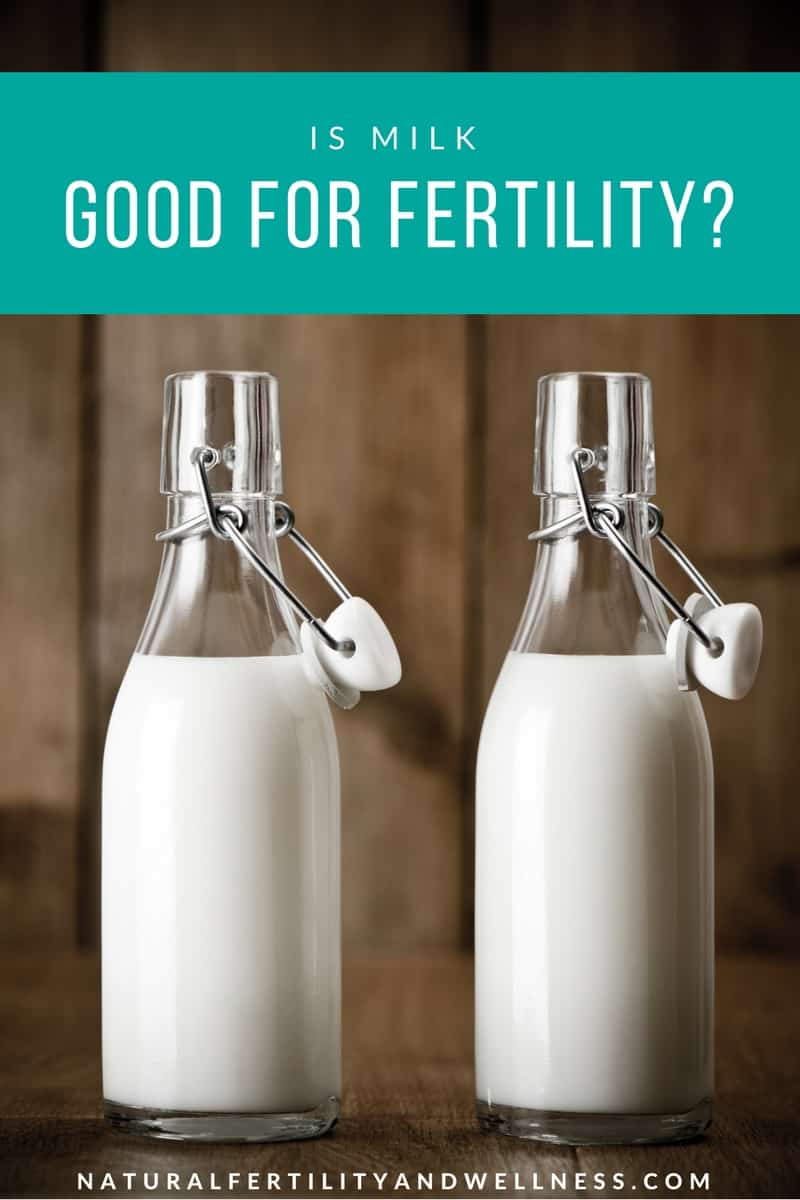
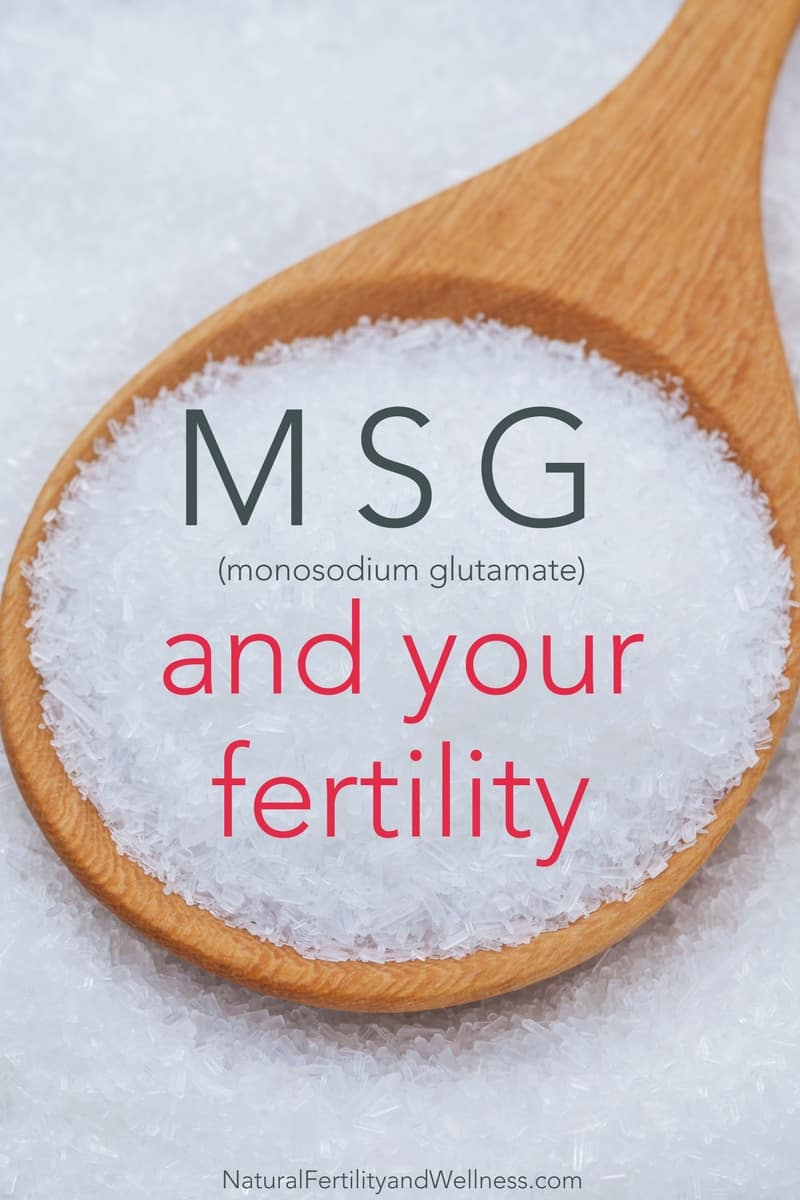
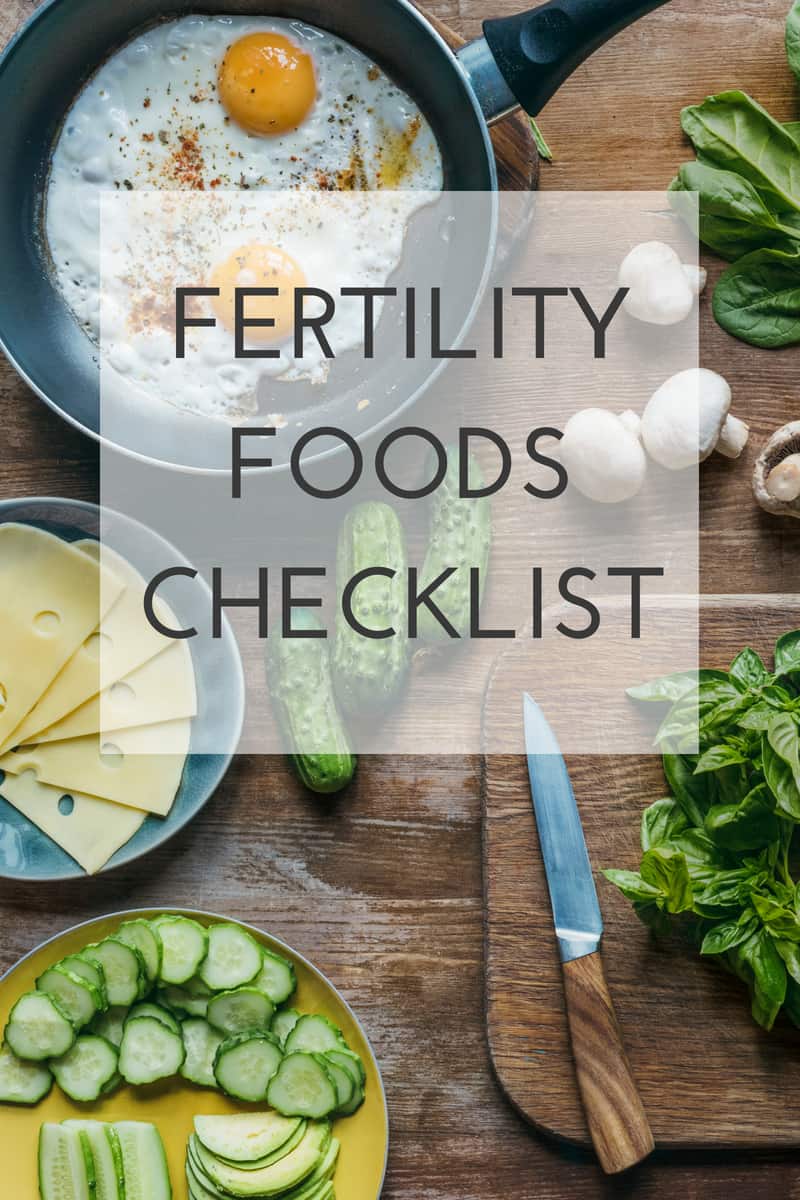




Very interesting! Do you know of a good alternative to soy or cow’s milk for those lactose intolerant?
Leticia
@Ticia,
Almond milk
I am wondering the same thing!
we’ve been doing some research on that same thing b/c we are wanting to go more natural, and possibly vegetarian, but our son is allergic to soy. no wonder kids are developing allergies to soy, it’s possible it’s being used too much!
My husband doesn’t like dairy milk so we drink substitutes. We’ve tried rice, soy and almond. He’s fine with any of them but I prefer the almond milk. Unfortunately it actually contains soy. It’s not the primary ingredient and isn’t the main source of protein. I really have no idea why it’s in there. To give the milk some more thickness maybe?
Here from ICLW
@planningdoesntwork, We’re vegan, and I’m infertile. So I try to avoid soy products. Silk Almond Milk, at least the original version, is soy-free. So you might want to check another manufacturer, if you like almond milk, and are avoiding soy.
Thanks for the posts on soy and raw milk. I’m mildly lactose intolerant, but tend to take a calcium supplement partly because it tastes good, partly because my dr told me I would need to drink a gallon of milk to get enough calcium, and partly because any of the alternatives – soy, raw, or lactaid just don’t taste good to me. This is great info.
Glad you liked the mermaid post. I totally have that song in my head a lot.
ICLW
I definitely think we are eating wayyy to much soy in our diet (and wheat and milk). My kids drink fortified rice milk, which is pretty sweet, but they have never known any different. I also give them calcium supplements.
People with suspected or diagnosed hypothyroidism probably ought to avoid soy too, as it disrupts thyroid function.
See: http://thyroid.about.com/cs/soyinfo/a/soy.htm
And: http://www.stopthethyroidmadness.com/goitrogens/
As you pointed out, you’re not going to die if you eat soy, but I don’t see a reason to have it in my diet. I am a huge fan of Jonny Bowden (who, incidentally, cites Sally Fallon in a lot of his research 🙂 because he does a lot of research, has a PhD in nutrition and is always writing and digesting the latest research to make it accessible to those of us who don’t have doctorates. Here’s a great article about how the latest studies that show soy is healthful actually use fermented soy, which is not at all like the processed stuff we normally eat in this country. http://www.jonnybowden.com/2008/10/another-look-at-soy.html I would like to try fermented soy one of these days, but in the meantime give me my raw milk!
It’s difficult for me to see soy in such a negative light, because we lived in China for several years, and encountered lots of tofu and other soy products in that time. The Chinese diet is very healthy, yet also includes soy, and has for at least a thousand years. So for us personally, eating some tofu once a week or so is a good option, though we don’t eat any highly-processed soy products.
I agree for the most part and I think you’ve put together a lot of really good information in this post. I do believe that soy can be a carefully-used part of a healthy diet, if it’s organic (non-GMO), in moderation, and fermented. I lived in Japan for a year and saw many, many healthy people who had grown up eating small amounts of mostly fermented soy. It’s an unfortunate fallacy that us Westerners believe that those in Asia eat soy all day long, and especially that the kind of soy we eat (soy milk, soy meat replacements, soy fillers in processed food) is anything resembling the way that they have traditionally eaten soy, because it is absolutely not the same at all!
When I say fermented, I’m talking about tempeh, natto (truly fermented, sticky soy beans- not my fave!), and real soy sauce (not it’s processed version!). Currently, the only soy our family eats is organic fermented Tamari (soy) sauce, and a couple times a year we have an itty bitty bit of tofu at a Japanese restaurant, though I wish we were brave enough to eat natto. Otherwise, we avoid soy like the plague. 🙂
I work as an acupuncturist and when I see anyone with a hormonal issue I usually ask them to stop eating soy as much as possible. My fertility patients are talked to the longest about soy. Other people in my office use a diet that is high in soy. When I have patients who are in for physical pain, if they want to loose weight, I will tell them that as a Weston A Price Member I don’t like that diet but that for a short period they can try it. If they don’t feel well however, it IS the diet and I can talk to them about traditional foods.
I am toying with some research about doing an article on the energetics of soy. We are told in acupuncture school that is energetically a very cold food, which means it is hard to digest. However, warming herbs and spices (ie the hot flavoring) can help balance it. I’d love to find out if anyone has ever studied those herbs to see if they have anything in them to make tofu more easily digestible.
I can’t digest tofu or tempeh well so avoid the fermented, and of course as a WAPF person I stay away from the processed stuff. However, don’t ever take away my soy sauce!!!! I think I miss that more on GAPS than I do bread!
I agree. Speaking as a person who has SEVERE estrogen dominance issues, I come from a very personal struggle. I got my period when I was 9 years old, and I was a 36 C when I was 11. I am now 32 years old, have been, as yet, completely infertile, produce no progesterone, but am off the charts on estrogen. I have terrible fibroid cyst issues in my breasts (that are an H cup) and a myriad of other problems. So why? I was a co-op kid…all whole food, almost no sugar…but, TONS of soy product. This was in the early 80’s, so we thought it was a good thing. Beyond that, my body CRAVED soy for years. You’re right…I don’t think soy as age old cultures ate it, or in God’s intended form are harmful. However, you process it to death (literally), and you add the pesticides and chemicals used in the growing and processing, then you have a crisis! The pesticides, hormones, and chemicals actually manifest themselves as XENOestrogens (synthetic estrogens) when processed through your body…so you have a multi-whammy!!! Dr. Ori Hofmekler has an awesome book on the subject called The Anti-Estrogenic Diet. It is as a result of his study of the male infertility epidemic in this country. There is TONS of info in that book. It’s absolutely worth it!
I am behind you on this, except that I had thought it was OK to eat soy sauce because it is fermented. Is there a non-traditional soy sauce that is OK to eat?
Coconut milk is the best substitute for those who cannot handle dairy. Much better than soy! I am anti-soy, too, based on everything I know about it. I’ve done some research too. So I really think people need to hear it. How could highly processed soy be “better” for you than, say, meat from grass-fed cows?? Please.
I really like the ideas in this post. I also think you’re right- with all foods, moderation and variety are key. I make most of our food these days, and the only place I know of where I eat soy is soy lecthin in the occasional 86% Ghiradelli bar. 🙂
I don’t eat soy if I can keep from it.
I’m not a big fan of soy. The only soy I intentionally include in my diet is soy sauce, and I stick with the Trader Joe since it is naturally fermented, but even then it is only a couple Tablespoons a month. Even without the doubts about soy, I would stay away from most soy products already because they seem to be highly processed. Something can be organic and call itself “healthy” but do I really want to be eating fake chicken nuggets? I’d say the same thing about organic brands of boxed macaroni and cheese too though.
I do think isoy ould probably be properly and traditionally prepared so as to be heatlhy in moderation but my biggest thing with soy is that I don’t really like it. When it’s nutritional value is so questionable why even bother trying to force it into my diet?
this is one of the things that left me puzzled after reading in defense of food. i get why processed soy is bad, but how is edamame inherently terrible–especially if organic?
my sister is vegan and i worry about how much soy she eats…
thanks for weighing in:)
Thanks for a great post. I agree with the hormone imbalance issues. Especially since I have PCOS too. I try to focus on dairy, eggs and legumes for protein and a small amount of fermented soy such as Stephanie mentioned (Miso for soup and tempeh). I do eat a small amount of chicken, ham and bacon. I believe that healthy, grass fed meats are great for my family and that’s what I prepare for them, but it is hard for someone like me who doesn’t really fit into one place or the other. 🙂
I do not want to come off as not nice but I am going to have to agree to disagree with most of this post.
I have been vegan/vegetarian for 18 years+. I have three children ages 8, 5, and 18 months old. I have easily become pregnant each time (first cycle). My periods are normal in cycle and length and they started when I was 11.
I have eaten soy ice cream, soy yogurt, and have organic tofu at least once a week. I believe soy is fine in moderation. It is important to introduce a variety of grains (amaranth, quinua, buckwheat (does not contain wheat) and legumes and vegetables in to your diet.
Most food allergies (wheat, gluten, casein, nuts, soy, corn, etc.) are actually caused by an overgrowth of “bad bacteria” or yeast in the intestines. The yeast weakens the liner of the intestines thin letting tiny particles of food into the bloodstream (leaky gut syndrome). The particles of food are then thought of as an allergen and fought by the immune system causing blood work to come back as being allergic to foods. Sometimes causing cerebral allergies (anxiety, etc.) The only real way to know if intestinal candida exists in the body is an endoscopy. Blood work is not a reliable source for diagnoses. In many people with Intestinal candida overgrowth will have -high B12- results as yeast creates B12.
I have been through the elimination diet (for 2 1/2 years) and wish you good luck. I know how difficult it is especially with a family. I stayed on the yeast diet for about 6months after diagnoses (no vinegar, nothing fermented, no mushrooms, no casien, no gluten) and take a potent probiotic everyday still.
Many studies have been done on the Brain/Gut connection and Brain/Blood barrier. A great book to check out for anyone thinking they have or have been diagnosed with food allergies, fibromyalgia, chronic pain, sleep disorders, anxiety issues, etc is “The Missing Diagnoses”.
Again a variety of foods, in moderation, is the best way to not damage your digestive tract which could lead to many of the symptoms in your article.
Thank you for reading. Hopefully my story will help at least one person to not have to go through what I have. So simple but yet so hard to diagnose……esophageal/intestinal yeast.
I am 29 years old. When my twins (conceived with fertility treatments) were just about 14 months, I saw a video on how animals were slaughtered for our food. This turned me off from meat for nearly 3 years. We ALL went to a Pesco vegetarian diet (includes, eggs, cheese, fish and shellfish) My husband lost about 30lbs, which was good, but I gained 35lbs! I had hot flashes, didn’t sleep well and was in a depressed mood for a long time. I don’t have PCOS, but one OB/GYN said I did and that showing no symptoms was a symptom. My estrogen count as well as testosterone is nearly 0. My family has recently gone back to eating meat and I am sleeping like a log. Still no cycles to speak of, but I am taking herbal supplements in hopes of baby #3. I am actually losing weight and generally have more energy and I”m not hungry all the time! (And yes, I was eating enough during the day) I can say that I believe part of my infertility was a soy formula when I was a baby, as well as other factors. I matured very early (periods began at 9 with a full C cup by 10) I think we all need to look closer as to what is in our food and how it effects our bodies.
I am newly vegetarian (lacto-ovo) and also an athlete. I am using almond milk instead of sound already. I am concerned about getting enough protein. I thought I would be eating lots of sound and legumes but have been reading a lot about soy issues. I can look for other protein sources but I really like tofu and miso. Any thoughts on good brands that are non-gmo, and consumption frequency?
It is slightly unfortunate that most of the information you have is not actually accurate….. anymore. The amount of soy that you would have to ingest to have ANY estrogen issues is like eating an entire field of soybeans every single day for the rest of your life…. And then…. Maybe after 50 years of doing that you would see the slightest change in estrogen levels, but that may also be from age since at that point you would be post menopausal. The problem with soy is the same problem people have with vaccines, there is zero factual information from someone besides a faux expert linking it to health concerns. I have been vegan for almost 5 years. I have also worked extremely closely with several physicians in testing all my nutrient and hormone levels. I eat soy on a daily basis, in the years I have been doing so I have seen zero change in anything inside my body. BUT, the outside of my body is healthier and more in shape than it has ever been. Ignorance is bliss, almond milk is about as ignorant as coconut milk. BOTH lack any nutritional value especially protein and both are even more highly processed than soy milk. WOW, great alternative. Sorry, you need to do more research.
@Elizabeth, While this particular article is three years old, I do stand by much of what is here. And not because of studies (you’ll find studies on both sides of the issue every time) but because soy DOES affect some women’s (and men’s hormones). Not all, as you have seen in your own health, but it’s definitely worth noting that some people can have disastrous effects when they consume soy. Many women have actually written to me stating that eliminating soy was helpful in overcoming their reproductive disorders. I know women who also have to stay away from soy due to thyroid disorders.
It’s the same reason I blog about gluten intolerance, not because it affects everyone, but because it does affect some and can cause them a lot of trouble. And I even mention in the article that while I don’t “personally’ agree with regularly consumed non-fermented soy products, that I don’t think some will hurt an average person. And you’re right – almond and coconut milk aren’t to be used in place of cows milk, at least not to the extent that people normally drink cows milk. (and you don’t even have to drink cows milk to be healthy 😉 )
It always comes down to finding out the best diet for your OWN body, finding what foods work well and which ones don’t. And like I tell a lot of the people who contact me – even though you think your diet is the healthiest out there, if you deal with infertility and/or pregnancy loss, and/or some other health concerns it may be time to change your diet.
Because I know women who have been vegan and were infertile. Once they began consuming grass-fed and organic animal products, their fertility returned. AND I also know women who have been able to regulate their cycle by eliminating meat. In the end it comes down to not what we “feel” and “think” about diet, but what our bodies truly need. And hopefully our ideologies don’t come in the way of that.